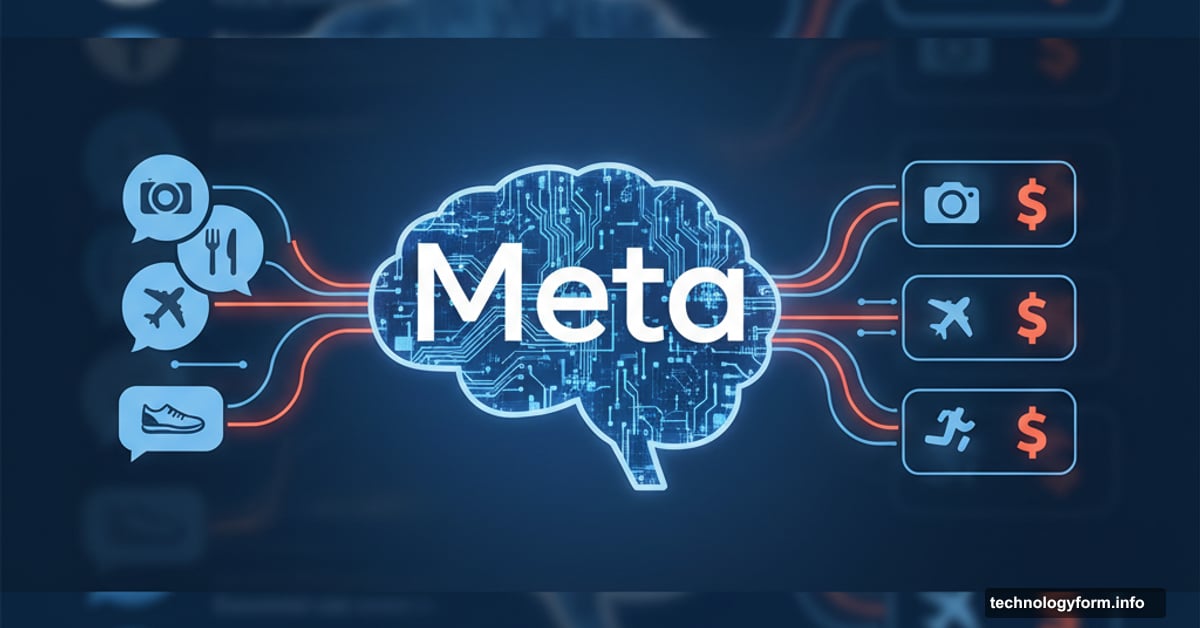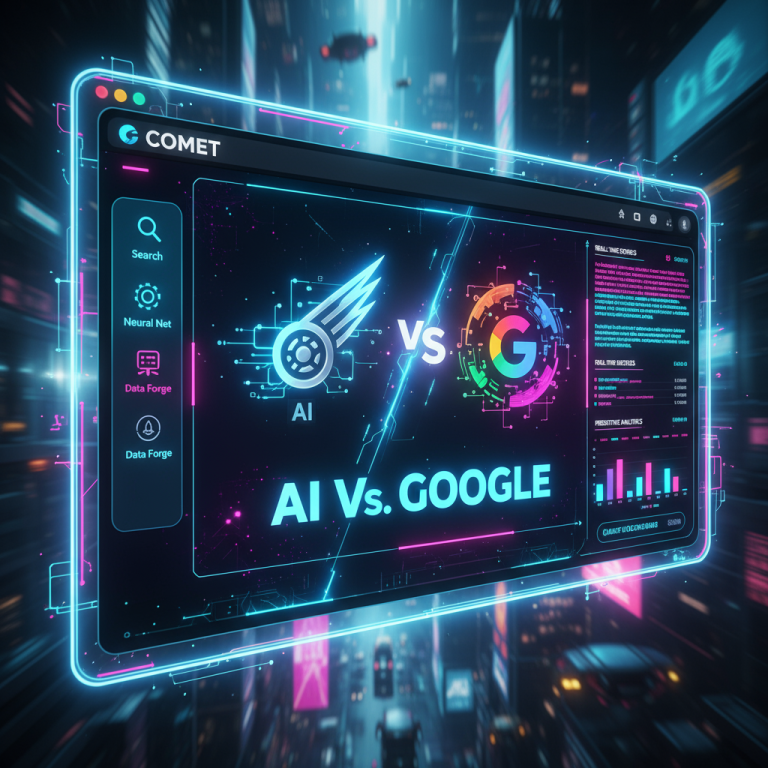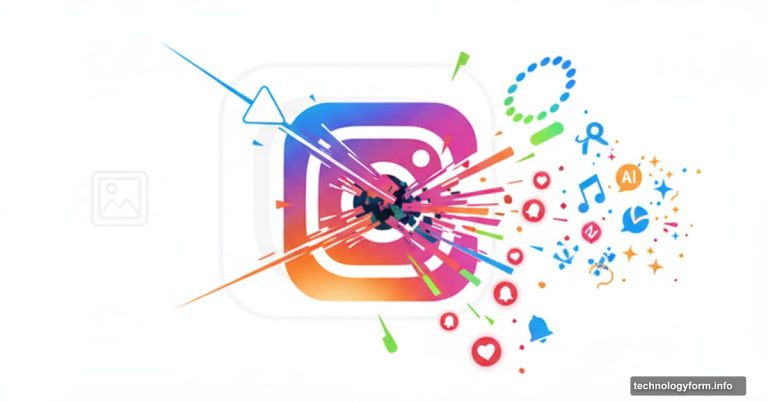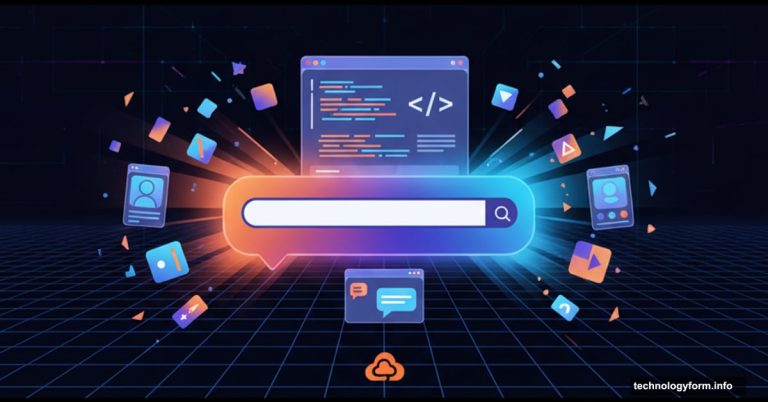Meta AI Chats Will Shape Your Feed Starting December
Meta’s getting more personal with your data. Starting December 16th, everything you say to Meta AI becomes fuel for your content feed.
That hiking trip you asked about? Expect Facebook hiking groups in your feed tomorrow. Those recipe questions? Instagram food ads are coming. Meta’s AI assistant isn’t just answering questions anymore. It’s watching, learning, and reshaping what you see across every Meta platform you use.
Your Conversations Become Ad Targeting Data
Meta AI chats now feed directly into the recommendation engine. Ask the assistant about photography gear, and Meta flags you as interested in cameras. Then that interest drives ads, suggested posts, reels, and Facebook group recommendations.
Meta argues this works just like any other signal. When you like a post about hiking, Meta learns you enjoy outdoor content. Now AI conversations get the same treatment.
But there’s a crucial difference. Liking a post is public. Chatting with an AI feels private, even when it’s not.
The company claims certain topics stay protected. Religious views, sexual orientation, political beliefs, health information, racial background, philosophical positions, and union membership won’t trigger personalized content. Meta privacy head Christy Harris emphasized these existing policies continue unchanged.
However, pretty much everything else is fair game. Your casual questions about restaurants, vacation spots, product recommendations, or entertainment become data points shaping your entire Meta experience.
Cross-Platform Tracking Gets Aggressive
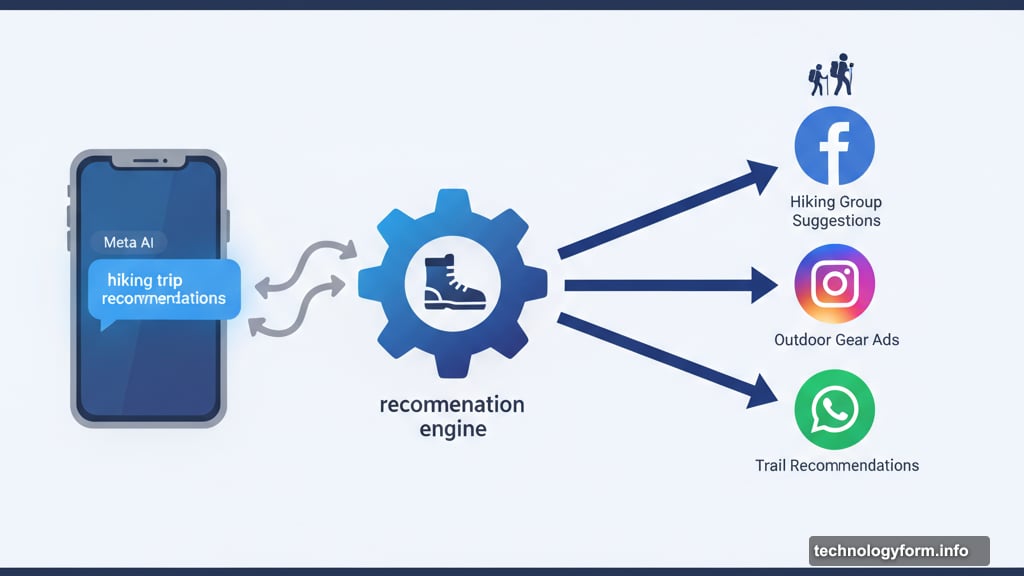
Here’s where it gets invasive. If you’ve linked your Facebook, Instagram, and WhatsApp accounts through Meta’s accounts center, conversations on one platform influence ads on another.
Chat with Meta AI about running shoes in WhatsApp? Instagram shows you athletic wear ads. Ask about gaming keyboards on Facebook? WhatsApp displays peripheral recommendations.
Meta insists encrypted conversations maintain their privacy protections. Harris stated the company’s “treatment of encrypted conversations will not be changing with this privacy policy update.” Yet the line between what Meta can see and what it uses for targeting remains murky.
The company receives these signals from your AI interactions the same way it learns from likes, shares, and comments. Except AI conversations often contain more detailed, nuanced information about your interests than a simple like button ever could.
No Escape From Personalization
You can adjust ad preferences in your settings. But you cannot opt out of having AI chats used for personalization entirely.
That’s the catch. Meta gives you some control over what ads you see, but not whether your conversations inform those decisions. The company decided this data integration is happening regardless of user preference.
Most users worldwide will receive notifications about this change starting October 7th. The UK, European Union, and South Korea get a temporary reprieve while Meta navigates regulatory requirements. Those regions often demand stricter privacy protections than Meta prefers providing voluntarily.
For everyone else, the December 16th deadline approaches fast. After that date, every Meta AI interaction becomes part of your digital profile whether you like it or not.
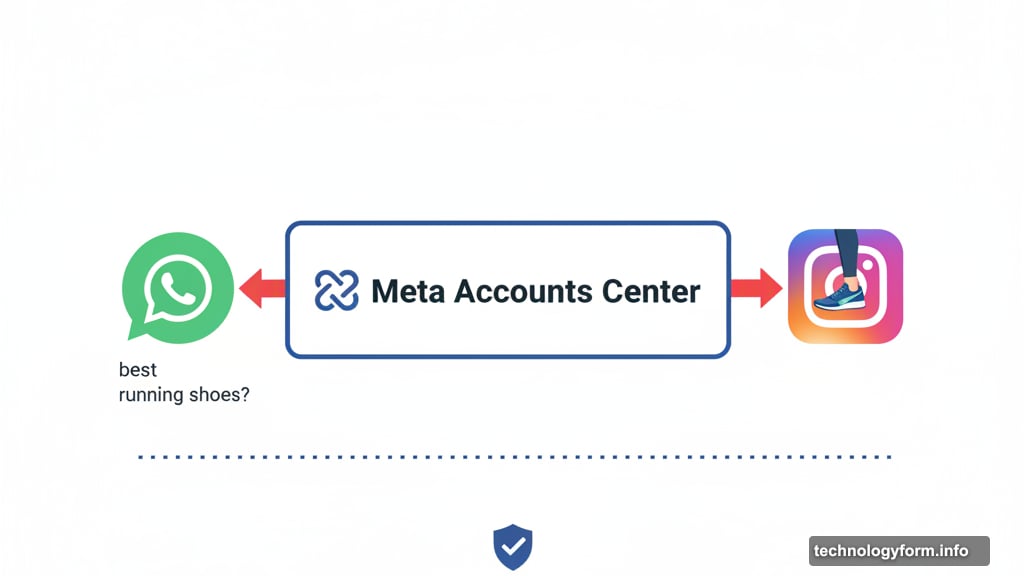
The Privacy Illusion Continues
Meta positions this as natural evolution of existing practices. They’re technically right. The company already uses nearly everything you do on their platforms to personalize content.
But AI assistants feel different. People ask assistants questions they wouldn’t post publicly. The conversational format creates an illusion of privacy that Meta is happy to exploit.
Plus, Meta’s track record on data privacy inspires zero confidence. Remember Cambridge Analytica? The FTC’s $5 billion fine? The constant reassurances followed by revelations of worse practices?
This latest move fits a clear pattern. Take user data, find new ways to monetize it, ask forgiveness later if regulators complain. The cycle repeats endlessly because the profits outweigh the penalties.
Your Meta AI conversations are about to become another revenue stream. The company will mine them for insights, target you with ads, and call it personalization. You get hiking boot ads. Zuckerberg gets billions. Everyone wins, right?
Except one party in this exchange never really consented to the deal.
